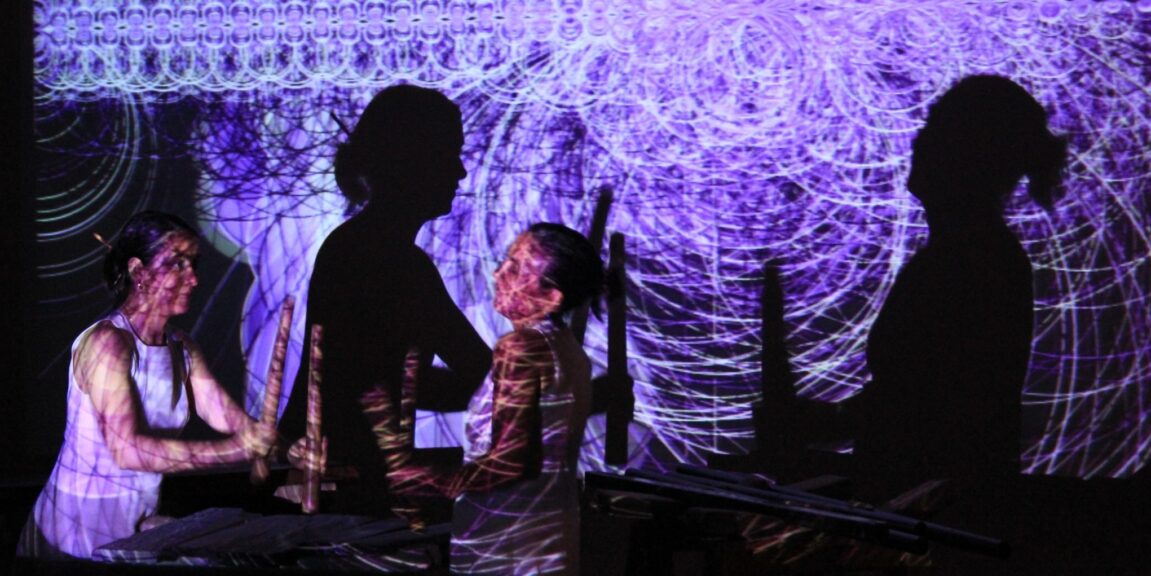**
Pedagogical proposal and methodology
The school combines theoretical sessions, debates and practical activities. Students will work in small groups on two sites/problems.
Theory, case, and debate sessions. These sessions are structured in three slots: a brief theoretical introduction (30 min.), a case that will be presented by a group of students (30 min.), and a debate (30 min.).
Hands-on activities in the field. Students will have to develop an experimental project during the week-long school. Groups will engage in two sites proposed by the school with the goal of making a brief empirical investigation and developing an ethnographic experiment.
Mentoring. Each group will have an assigned tutor who will discuss with them their experimental projects in daily meetings.
Self-managed dinner. The school will pay particular attention to the informal moments of social interaction, in this sense dinners will be a special moment to socialize. Participants will be in charge of organising it.
**
PROGRAM
[Download programme here]
Wednesday 17 July, 2024
10.00 – 11.30. 1st session. Ethnographic experimentation: an introduction.
11.30 – 12.00. Coffee break.
12.00 – 13.30. 2nd session. Ethnography, more than a method: Field devices for anthropological inquiry.
13.30 – 15.00 Lunch break.
15.00 – 18.00 Hands-on session: organisation of groups.
18.00 – 20.00. Visiting the field sites for activities.
20.30. Dinner at the beach.
Thursday 18 July, 2024
10.00 – 11.30. 3rd session. The ethnographic invention.
11.30 – 12.00. Break
12.00 – 13.30. 4th session. Styles of ethnographic experimentation.
13.30 – 15.00 Lunch.
15.00 – 19.00. Hands-on session: Field site engagement.
19.00 – 20.00. Summary of the day and common thoughts (a collective session to share impressions from our first day of group activities).
20.30. Dinner. Cooking together (self-managed).
Friday, 19 July, 2024
10.00 – 11.30. 5th session. Beyond text: Experiments on ethnographic expression.
11.30 – 12.00. Coffee break.
12.00 – 13.30. 6th session. Beyond representation: Experiments on multimodal anthropology.
13.30 – 15.30. Lunch on site (each group on their own).
15.30 – 19.00. Activity in the field: devising devices.
19.00 – 20.00. Group debriefing meetings with tutors.
20.30. Dinner. Cooking together (self-managed).
Saturday, 20 July, 2024
10.00 – 13.30. Hands-on session: field site investigation.
13.30 – 15.30. Lunch on site (each group on their own).
15.30 – 19.00. Hands-on session: working on ethnographic accounts.
19.00 – 20.00. Group debriefing meetings with tutors.
20.30. Dinner. Cooking together (self-managed).Sunday
10.00 – 13.30. Hands-on session: field site investigation.
13.30 – 15.30. Lunch on site (each group on their own).
15.30 – 20.00. Hands-on session: working on ethnographic accounts.
20.30. Dinner. Cooking together (self-managed).
Monday, 21 July, 2024
10.00 – 13.30. Meeting with tutors: Hands-on session at UOC.
13.30 – 15.30. Lunch on site (each group on their own).
16.00 – 19.00. Public presentations of the group experiments.
20.00. Dinner and good-bye party.
Readings
1st session. Ethnographic experimentation: an introduction.
Tomás Sánchez Criado & Adolfo Estalella. 2018. Introduction. Experimental collaborations. In A. Estalella & T. S. Criado (Eds.), Experimental collaborations. Ethnography through fieldwork devices (pp. 1-30). New York, Oxford: Berghahn.
First case
Cantarella, L., Marcus, G. E., & Hegel, C. (2019). Ethnography by design: Scenographic experiments in fieldwork. Taylor & Francis. Introduction and Chapter 3.
2nd session. Ethnography, more than a method: Field devices for anthropological inquiry
Law, J. (2004). After Method: Mess in Social Science Research. Routledge. Introduction.
Law, J., & Ruppert, E. (2013). The Social Life of Methods: Devices. Journal of Cultural Economy, 6(3), 229-240.
Second case
Khandekar, A., Costelloe-Kuehn, B., Poirier, L., Morgan, A., Kenner, A., Fortun, K., & Fortun, M. (2021). Moving Ethnography: Infrastructuring Doubletakes and Switchbacks in Experimental Collaborative Methods. Science & Technology Studies, 34(3), 78-102.
3rd session. The ethnographic invention.
Estalella, A., & Criado, T.S. (2023). Introduction: The ethnographic invention. In T.S. Criado & A. Estalella (Eds.), An Ethnographic Inventory: Field Devices for Anthropological Inquiry (pp. 1-14). Routledge.
Third case.
Hartblay, C. (2020). I Was Never Alone or Oporniki: An Ethnographic Play on Disability. Toronto University Press. Introduction.
4th session. Styles of ethnographic experimentation.
Estalella, A. (n/d). The anthropological experiment (and the disappearing field of ethnography).
Fourth case.
Martínez, F. (2021). Ethnographic experiments with artists, designers and boundary objects: Exhibitions as a research method. UCL Press. Self-selected fragments.
5th session. Beyond text: Experiments on ethnographic expression.
Cox, R., Irving, A., & Wright, C. (Eds.) (2016). Beyond text?: Critical practices and sensory anthropology. Manchester University Press. Introduction.
Fifth case.
Flores, M., Suárez, M., & Nuñez, J. (2021, January 18). EthnoData: A collaborative project in cross-disciplinary experimentation – Society for Social Studies of Science. https://www.4sonline.org/ethnodata-a-collaborative-project-in-cross-disciplinary-experimentation/
6th session. Beyond representation: Experiments on multimodal anthropology.
Dattatreyan, E. G., & Marrero-Guillamón, I. (2019). Introduction: Multimodal Anthropology and the Politics of Invention. American Anthropologist, 121(1), 220-228.
Sixth case.
Farías, I., & Criado, T.S. (2023). How to game ethnography. En T. Sánchez Criado & A. Estalella (Eds.), An Ethnographic Inventory: Field Devices for Anthropological Inquiry (pp. 102-111). Routledge.

